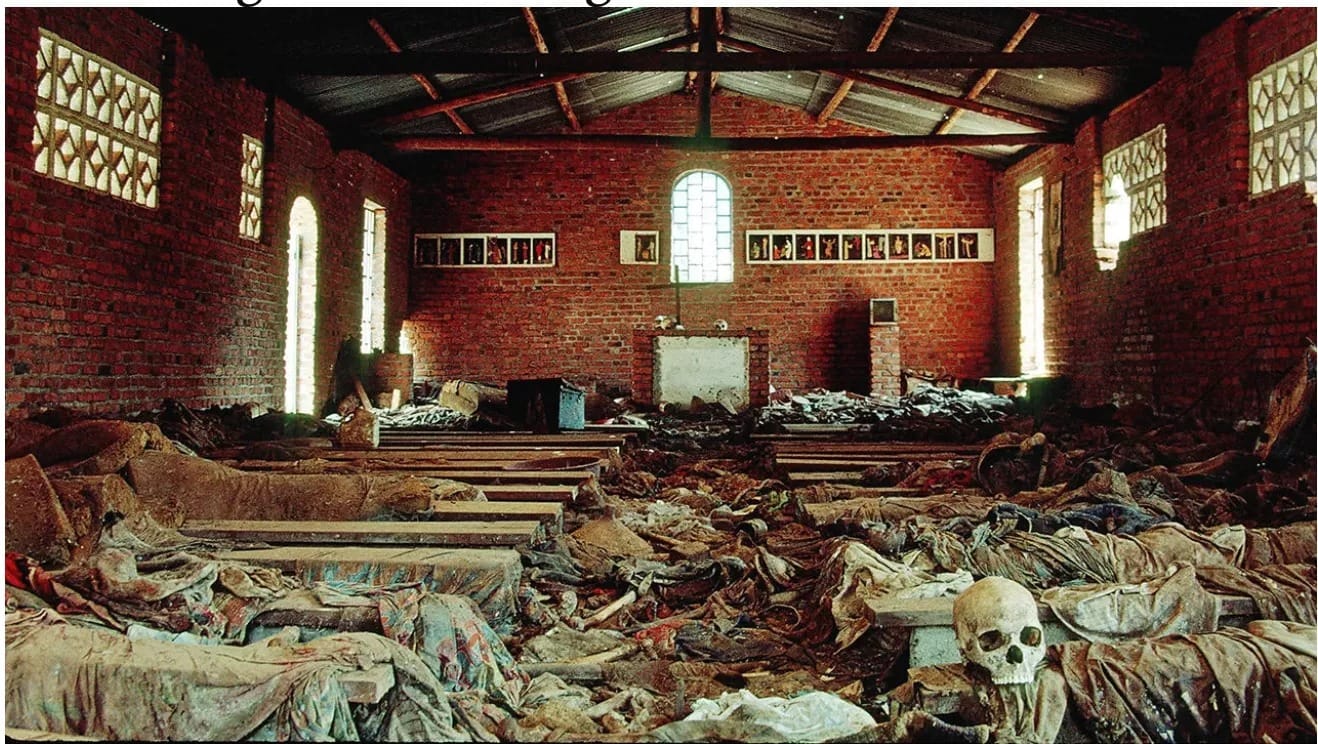Reflecting on Rwanda’s Path to Reconciliation
As Rwanda commemorates the thirtieth anniversary of the 1994 genocide, a poignant piece in The Economist highlights the nation’s journey toward healing. President Paul Kagame’s leadership has been pivotal in guiding Rwanda through the aftermath of a tragedy that shook its very foundation. The genocide, which saw the massacre of the Tutsi ethnic group by the Hutu majority, was fueled by deeply entrenched colonial legacies left by German and Belgian rule.
The article recounts the harrowing story of Kizito Mihigo, a Tutsi who at the tender age of 12, witnessed the murder of his father by Hutu neighbors. Mihigo’s subsequent escape to Burundi, survival amidst corpses, and eventual return to Rwanda as a songwriter encapsulates the resilience of the Rwandan spirit. His song “What Does Death Mean,” a reflection on the genocide’s atrocities, led to his arrest and untimely death in 2020, a stark reminder that the path to reconciliation is fraught with challenges.
In post-genocide Rwanda, a narrative of unity has been fostered, with the Patriotic Front insisting there are no longer Hutu or Tutsi—only Rwandans. This sentiment is embodied in memorials across the country, such as the one in Kigali and the preserved church in Nyamata, where the remains of 5,000 Tutsi serve as a somber reminder of the past.
President Kagame’s commitment to unity is evident in his support for arts and traditions that transcend ethnic lines. His presence in villages and clear, blame-free speeches promote a hopeful vision for all Rwandans. Yet, despite these efforts, fear still lingers among the populace, wary of reliving past horrors.
The relevance of Rwanda’s experience extends beyond its borders. In Cyprus, where division has marred the island’s history, lessons can be drawn from Rwanda’s commitment to education and truth-telling as means of achieving catharsis. The example set by Rwanda’s radio station “The New Dawn” and initiatives like Truth Commissions offer a blueprint for Cypriots to address their own divided past.
As Cypriots look to their leaders for guidance, the call for a focus on reunification over division echoes loudly. The Rwandan experience serves as a testament to the power of collective effort and sincerity in forging a future unburdened by the weight of historical enmity.






